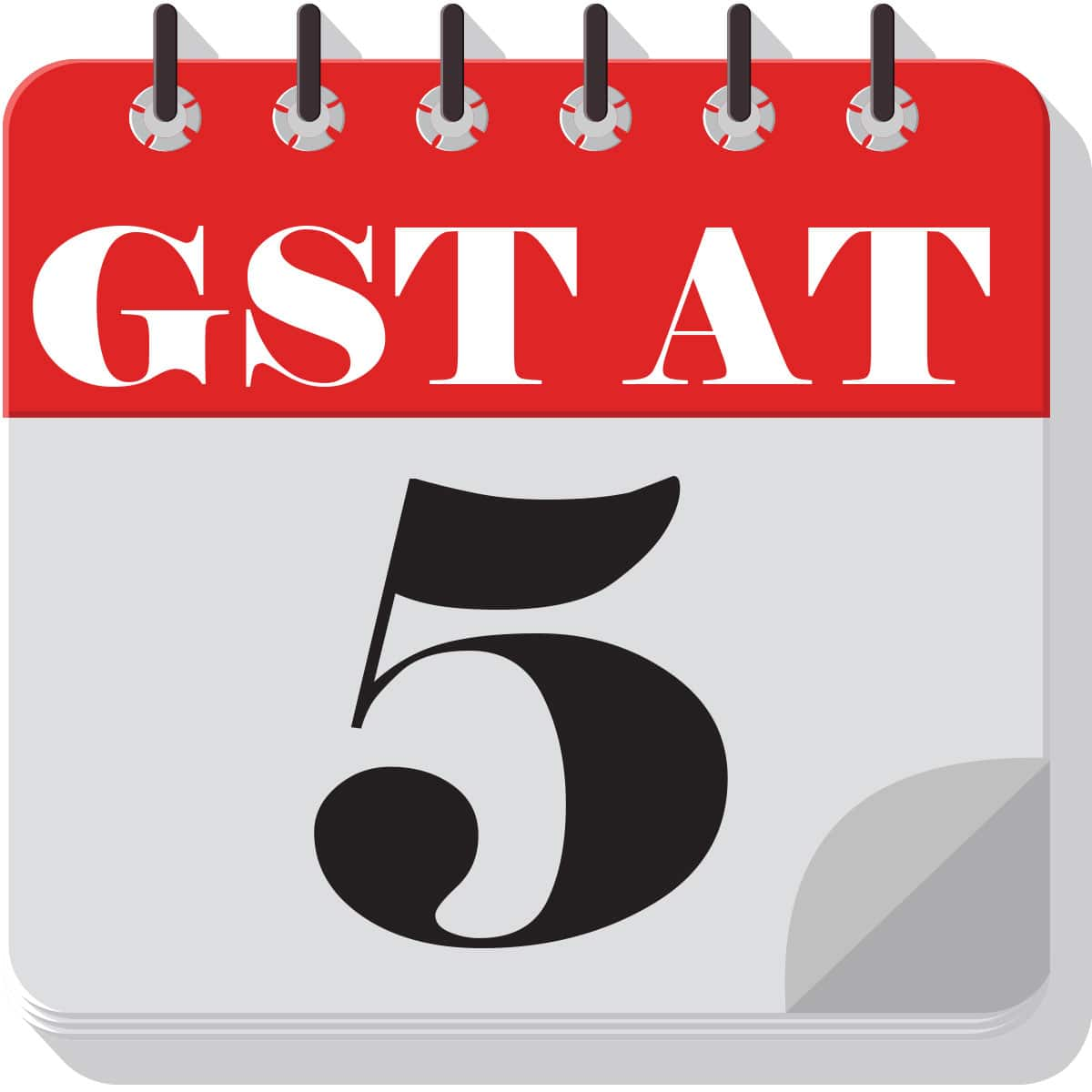



The Goods and Services Tax (GST) was introduced on July 1, 2017 after many years of political and legal negotiations. But all the outstanding issues were not put to bed by the implementation of the GST, and several tweaks have been made since then. The GST Council is set to meet for the 47th time on June 28-29 ahead of the fifth anniversary of the indirect tax regime.
But how did India arrive at this juncture? Perhaps the best way to know that is to take a walk through the years.

July 17, 2000: The Centre sets up an Empowered Committee of state finance ministers to monitor the implementation of uniform floor rates of sales tax by states and union territories, to monitor the phasing out of the sales-tax based incentive schemes, to decide milestones and methods for states to switch over to a value added tax (VAT), and to monitor reforms in the Central Sales Tax system
February 28, 2006: Finance minister P Chidambaram announces that GST would be introduced on April 1, 2010
November 10, 2009: Empowered Committee of state finance ministers submits first discussion paper on GST in India
February 26, 2010: Finance minister Pranab Mukherjee delays introduction of GST by one year to April 2011
March 22, 2011: The Constitution (115th Amendment) Bill to provide for the introduction of GST introduced in the Lok Sabha
March 29, 2011: The Constitution (115th Amendment) Bill referred to the Standing Committee on Finance by the Lok Sabha
March 28, 2013: GST Network incorporated as a Section 25 private limited company
August 7, 2013: Standing Committee on Finance submits report on The Constitution (115th Amendment) Bill
May 18, 2014: The Constitution (115th Amendment) Bill lapses after the 15th Lok Sabha is dissolved
December 19, 2014: The Constitution (122nd Amendment) Bill to provide for the introduction of GST introduced in the Lok Sabha
May 6, 2015: The Constitution (122nd Amendment) Bill passed by the Lok Sabha
May 14, 2015: The Constitution (122nd Amendment) Bill referred to a Select Committee by the Rajya Sabha
Jul 22, 2015: Select committee submits report on The Constitution (122nd Amendment) Bill
December 4, 2015: A committee led by Chief Economic Adviser Arvind Subramanian submits its report on possible GST rates
August 3, 2016: The Constitution (122nd Amendment) Bill passed by the Rajya Sabha with amendments
August 8, 2016: The Constitution (122nd Amendment) Bill passed by the Lok Sabha
August 9, 2016: The Constitution (122nd Amendment) Bill notified as Constitution (101st Amendment) Act
August 12, 2016: Assam becomes first state to ratify The Constitution (122nd Amendment) Bill
September 1, 2016: Odisha becomes 16th state to ratify The Constitution (122nd Amendment) Bill
September 8, 2016: President Pranab Mukherjee gives assent to The Constitution (122nd Amendment) Bill
September 12, 2016: Union Cabinet approves setting up of GST Council
September 22, 2016: GST Council holds first meeting in New Delhi
March 27, 2017: The Central Goods and Services Tax Bill, Integrated Goods and Services Tax Bill, Union Territory Goods and Services Tax Bill, Goods and Services Tax (Compensation to States) Bill introduced in the Lok Sabha
March 29, 2017: GST-related bills passed by the Lok Sabha
April 6, 2017: GST-related bills passed by the Rajya Sabha
April 12, 2017: GST laws notified
May 18, 2017: GST Council announces tax rates and cess on goods and services
July 1, 2017: GST rolled out
June 28, 2022: GST Council begins 47th meeting in Chandigarh
June 30, 2022: Five-year compensation period for states ends
Discover the latest Business News, Sensex, and Nifty updates. Obtain Personal Finance insights, tax queries, and expert opinions on Moneycontrol or download the Moneycontrol App to stay updated!